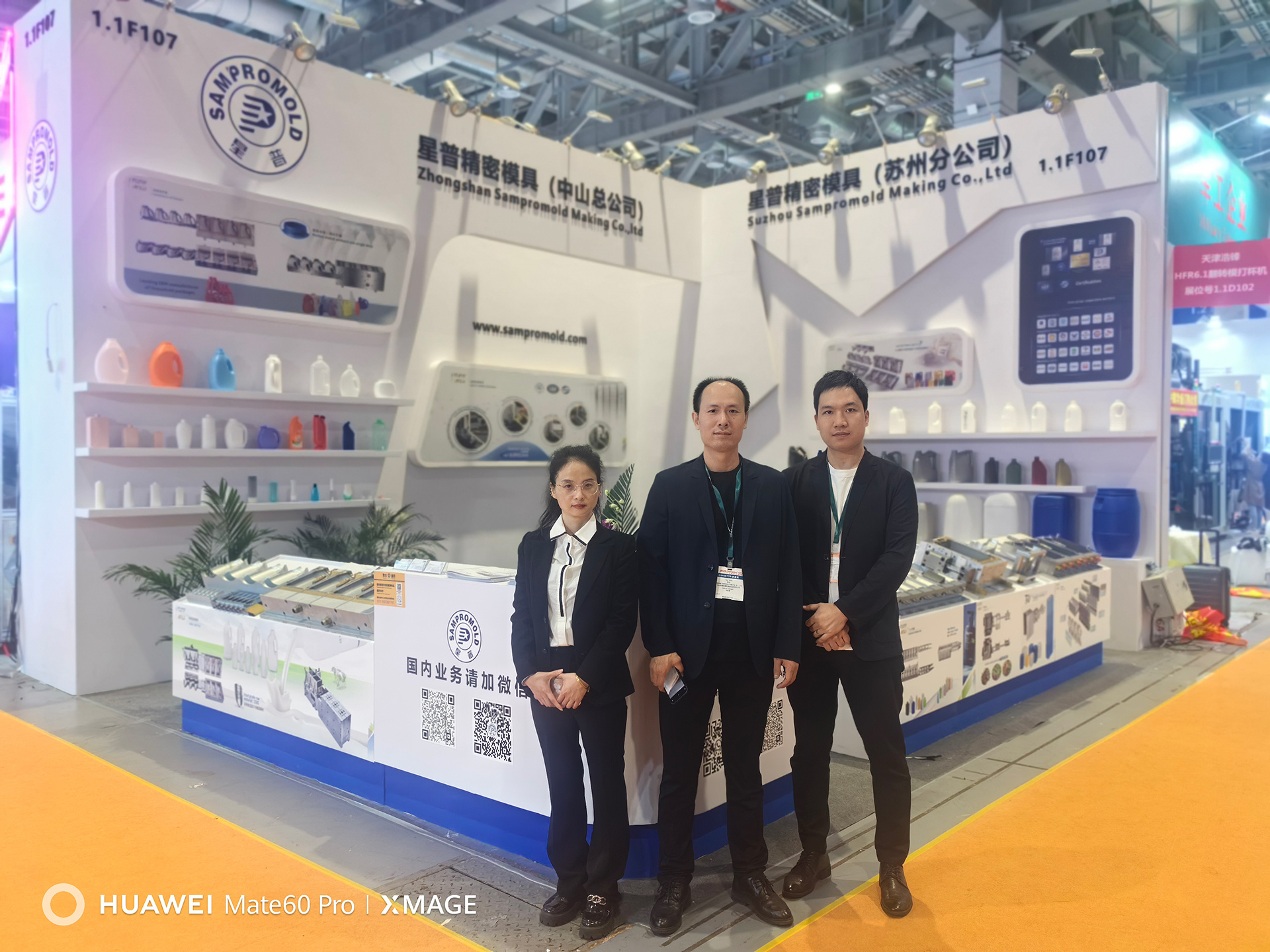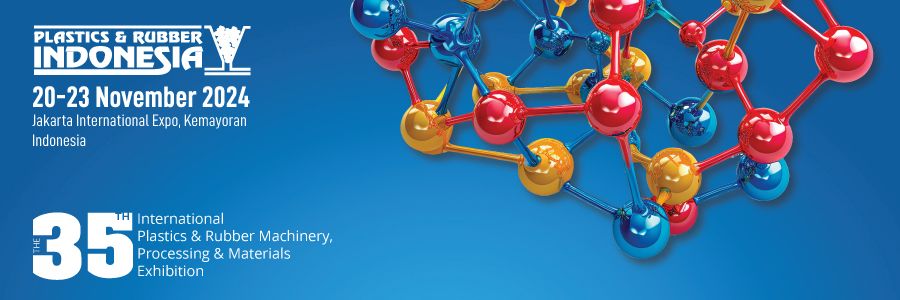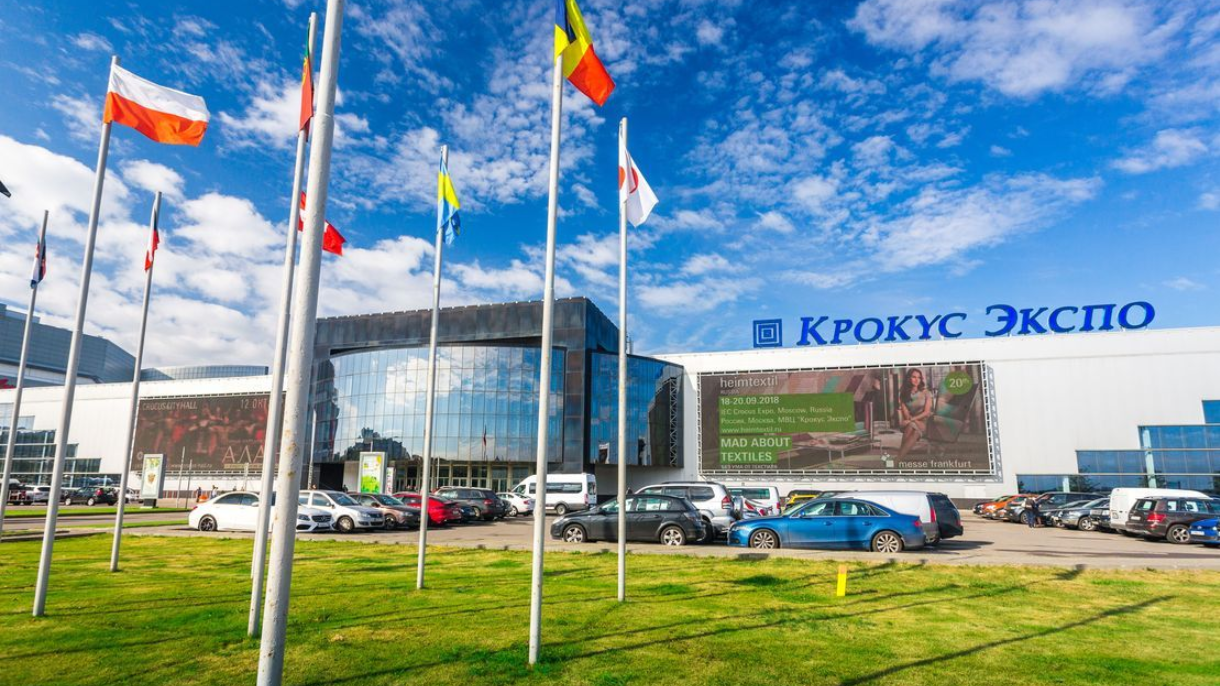Exploring the Versatility of Advanced Recycled Plastic Injection Molds: A Comprehensive Insight
Time:
2025-05-23
Exploring the Versatility of Advanced Recycled Plastic Injection Molds
Table of Contents
- 1. Introduction to Advanced Recycled Plastic Injection Molds
- 2. What Are Recycled Plastic Injection Molds?
- 3. Importance of Recycling in Manufacturing
- 4. Applications of Recycled Plastic Injection Molds
- 5. Advantages of Using Advanced Recycled Plastic
- 6. Technological Advancements in Injection Molding
- 7. Best Practices for Implementing Recycled Plastic Molds
- 8. The Future of Recycled Plastic Injection Molds
- 9. FAQs
- 10. Conclusion
1. Introduction to Advanced Recycled Plastic Injection Molds
The rise of environmental awareness has prompted industries to seek sustainable alternatives in their manufacturing processes. One such solution is the adoption of **advanced recycled plastic injection molds**. This innovative approach not only aids in reducing plastic waste but also offers manufacturers an opportunity to enhance their product portfolio. As we delve deeper into this topic, we will explore the diverse applications, benefits, and future prospects of these molds.
2. What Are Recycled Plastic Injection Molds?
Recycled plastic injection molds are tools used in the manufacturing of various products from recycled plastic materials. This process involves melting down plastic waste and injecting it into molds to create new products. The molds can be designed to produce a wide range of items, from consumer goods to industrial components. Utilizing recycled plastic not only conserves resources but also significantly reduces the carbon footprint associated with manufacturing new plastic products.
2.1 The Injection Molding Process
The injection molding process consists of several key steps:
1. **Material Preparation**: Recycled plastic materials are cleaned, crushed, and melted into a manageable state.
2. **Injection**: The molten plastic is injected into a specific mold cavity under high pressure.
3. **Cooling**: Once the cavity is filled, the material is allowed to cool and solidify.
4. **Ejection**: The final product is ejected from the mold, ready for finishing and assembly.
This efficient process allows for the rapid production of high-quality parts with complex geometries.
3. Importance of Recycling in Manufacturing
Recycling plays a crucial role in manufacturing as it helps to:
- **Reduce Waste**: By reusing plastic materials, we can significantly decrease the amount of plastic waste that ends up in landfills and oceans.
- **Conserve Resources**: Recycling reduces the need for virgin materials, conserving natural resources such as oil and gas used in plastic production.
- **Lower Energy Consumption**: The energy required to recycle plastic is often less than that needed to produce new plastic, leading to lower carbon emissions.
Embracing recycled plastic injection molds aligns with global sustainability goals and promotes responsible manufacturing practices.
4. Applications of Recycled Plastic Injection Molds
Recycled plastic injection molds have a wide array of applications across various industries. Some notable examples include:
4.1 Consumer Products
Many companies are now using recycled plastic to create everyday items such as containers, packaging, and home goods. This not only appeals to environmentally conscious consumers but also helps brands establish a sustainable image.
4.2 Automotive Parts
The automotive industry is increasingly adopting recycled plastic components for parts such as dashboards, panels, and under-the-hood applications. These parts contribute to lighter vehicle weights, improving fuel efficiency.
4.3 Electronics
Recycled plastic is also used in the production of electronic housings and components, showcasing its versatility in high-tech applications.
4.4 Industrial Components
From machinery covers to structural parts, recycled plastic injection molds are used to create durable components that meet rigorous industrial standards.
5. Advantages of Using Advanced Recycled Plastic
Utilizing advanced recycled plastic injection molds provides several advantages:
5.1 Cost-Effectiveness
Recycled plastic often comes at a lower cost than virgin materials, leading to reduced production costs and increased profit margins for manufacturers.
5.2 Quality and Performance
Modern recycling techniques ensure that recycled plastics can meet or exceed the performance characteristics of virgin plastics, resulting in high-quality end products.
5.3 Environmental Benefits
Using recycled materials helps manufacturers reduce their environmental impact, contributing to a more sustainable future.
5.4 Consumer Demand
With growing consumer awareness of environmental issues, products made from recycled materials are becoming increasingly popular, providing a competitive edge to manufacturers who adopt these practices.
6. Technological Advancements in Injection Molding
Recent technological advancements have significantly improved the efficiency and effectiveness of recycled plastic injection molds. Innovations include:
6.1 Enhanced Material Processing Techniques
Advancements in processing technology allow for better quality control and the ability to incorporate various types of recycled plastics into the injection molding process.
6.2 3D Printing Integration
The integration of 3D printing in mold design allows for faster prototyping and the creation of complex mold geometries that were previously difficult to achieve.
6.3 Smart Manufacturing
Smart manufacturing technologies, such as IoT and AI, enable manufacturers to monitor production processes in real time, optimizing efficiency and reducing waste.
7. Best Practices for Implementing Recycled Plastic Molds
To successfully implement recycled plastic injection molds, manufacturers should consider the following best practices:
7.1 Material Selection
Careful selection of recycled materials is crucial. Manufacturers should ensure the quality and consistency of the recycled plastic to achieve desired product specifications.
7.2 Mold Design
Investing in advanced mold design techniques can enhance the production process, reduce cycle times, and improve product quality.
7.3 Quality Control
Implementing strict quality control measures at every stage of production helps maintain the integrity of the final product.
8. The Future of Recycled Plastic Injection Molds
The future of recycled plastic injection molds looks promising as industries increasingly shift towards sustainability. Key trends to watch include:
8.1 Circular Economy Initiatives
The transition toward a circular economy will drive demand for recycled plastic products, encouraging innovation and investment in recycling technologies.
8.2 Regulatory Changes
As governments implement stricter regulations on plastic waste, manufacturers will need to adapt by incorporating more recycled materials into their production processes.
8.3 Consumer Preferences
As consumer demand for sustainable products continues to grow, companies that proactively adopt recycled plastic injection molds will have a competitive advantage.
9. FAQs
What types of plastics can be recycled for injection molding?
Commonly recycled plastics include PET, HDPE, and PP. These materials can be processed and used in injection molding applications.
Are products made from recycled plastic as durable as those made from virgin materials?
Yes, advancements in recycling technology ensure that products made from recycled plastics can meet the durability and performance standards of virgin materials.
How does using recycled plastic benefit the environment?
Using recycled plastic reduces landfill waste, conserves natural resources, and lowers greenhouse gas emissions associated with plastic production.
What are the challenges of using recycled plastic in injection molding?
Challenges include ensuring the quality and consistency of recycled materials and overcoming potential issues with processing and mold design.
Can all injection molding processes use recycled plastic?
While most injection molding processes can utilize recycled plastic, the specific type and formulation of recycled material must be suitable for the intended application.
10. Conclusion
Advanced recycled plastic injection molds represent a significant step forward in sustainable manufacturing practices. By embracing these innovative technologies, manufacturers can produce high-quality products while contributing to environmental conservation. As we move toward a more sustainable future, the versatility and benefits of recycled plastic injection molds will undoubtedly play a crucial role in transforming industries and meeting the demands of eco-conscious consumers.
RELATED NEWS












